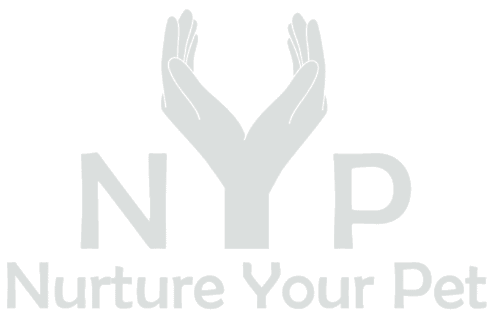What Is the Science Behind Dog Licking?
The licking behavior of dogs has origins in both physiology and evolution. Puppies lick their mothers to stimulate milk production and to receive grooming from an early age. Licking becomes a way for dogs to communicate, groom themselves, and bond with other dogs as they grow. Saliva contains enzymes that aid in the cleaning and healing of wounds, which is why dogs instinctively lick themselves or others when injured.
Licking is also a way for dogs in the wild to show submission to more dominant pack members. They show respect and acknowledge the social hierarchy by licking a higher-ranking dog. While this behavior does not directly apply to human-dog relationships, it does demonstrate the complexity and importance of licking in canine social interactions.

Dog Licking Caused by Affection
Licking can be a sign of affection between dogs and their owners. Dogs are known to form strong emotional bonds with their owners, and licking can be an expression of attachment and trust. Dogs lick to show their love and connection in the same way that humans might hug or kiss a loved one.
Licking's meaning depends on circumstance. When you get home from work, your dog probably kisses you to show affection. When worried, your dog may lick you to calm down.
Dogs Lick You for Other Reasons
Dogs may lick you for reasons other than affection. Some canines lick for attention, while others like the salty taste of human skin. Dogs may lick themselves or their owners to calm down.
Pay attention to the context and any accompanying body language to distinguish affectionate licking from other types of licking behavior. If your dog is wagging its tail and appears relaxed while licking, this is a sign of love and bonding.

The Importance of Dog Licking in Relationship Development
Understanding and appropriately responding to your dog's licking behavior is critical for fostering a healthy bond. Some dog owners find their dog's enthusiastic licks annoying or unhygienic. If you prefer, gently redirect your dog's focus to another activity, like playing with a toy or caressing them in a specific way.
Use verbal praise or a soft touch to encourage your dog's licking behavior to enhance your bond. This teaches your dog that their actions are appreciated and contributes to the strengthening of your loving bond.
Detecting and Treating Problematic Licking
While normal and often harmless licking, excessive licking can indicate underlying issues such as stress, anxiety, or health problems. If your dog constantly licks itself, you, or things, consult a vet to rule out allergies or skin diseases, which can cause discomfort and excessive licking.

Anxiety and physiological issues might cause excessive licking. In these circumstances, identify triggers like household changes, separation anxiety, or loud noise phobia. Professional dog trainers and canine behaviorist can help you manage your dog's anxiety and improve their health.
It is critical to be patient and consistent when dealing with problematic licking. Punishing your dog may inadvertently reinforce the behavior or aggravate their anxiety. Instead, emphasize positive reinforcement and alternative outlets for their energy, such as toys or interactive games, to help redirect their attention away from licking.








